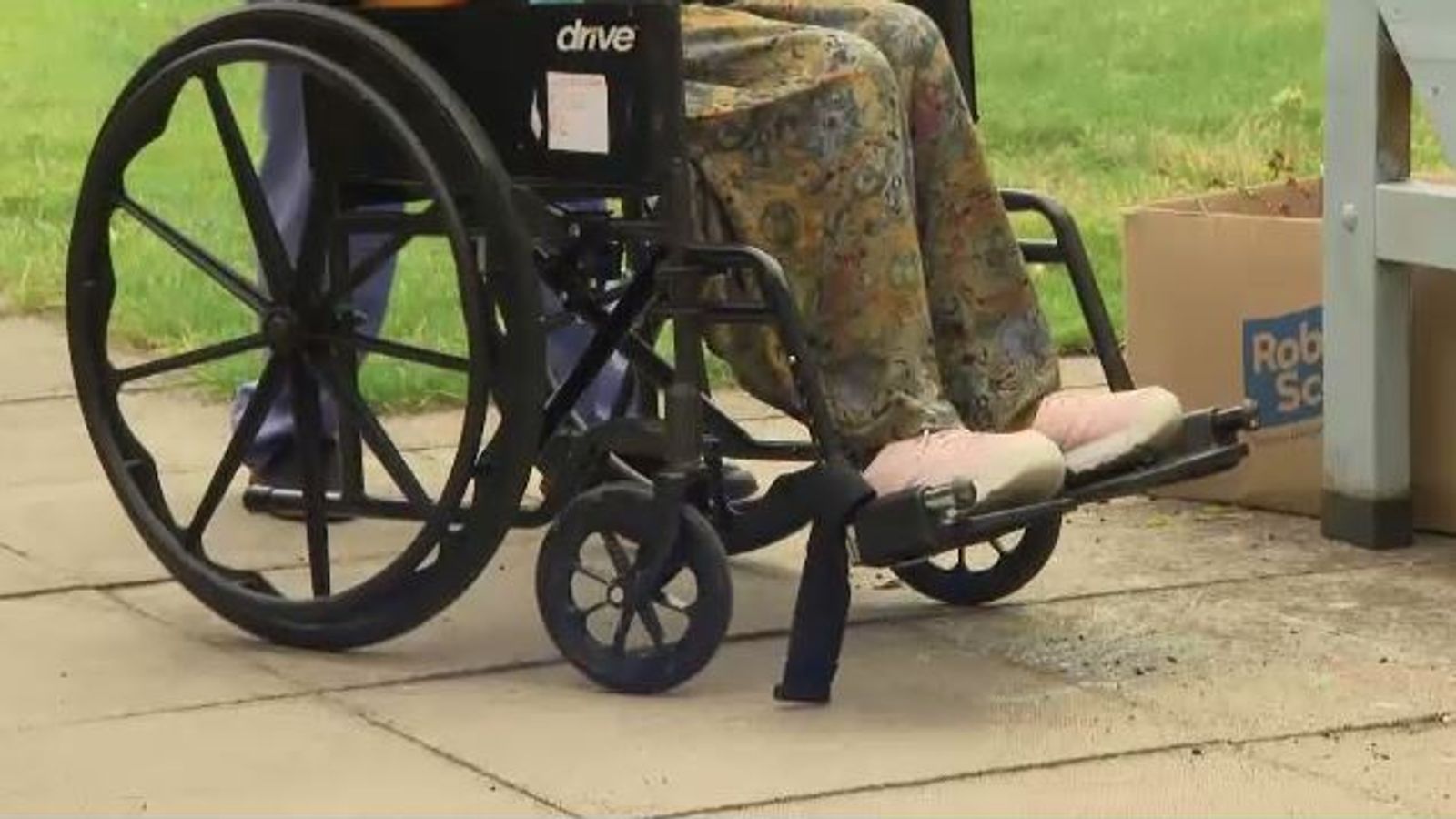The care home industry is bracing itself for a staff shortage it says will be caused by new vaccination regulations.
From 11 November, it will become mandatory for all staff working in care homes to be fully vaccinated against COVID-19, unless they are exempt, in order to protect the residents and patients most at risk from the virus.
The government’s own predictions are that up to 40,000 of the more than half a million care workers in the country won’t be fully vaccinated by that date.
PJ Care employs 600 staff at three sites in Milton Keynes and Peterborough, providing specialist neurological care for more than 180 residents. They employ their own strict regime of PPE use, hygiene and testing, and haven’t had a positive test result from a resident for over four months.
The group chairman, Neil Russell says: “I believe everybody should be vaccinated, and I encourage my staff to be vaccinated. But some people, for a variety of reasons will not.
“The effect of losing thousands of qualified and experienced staff from the industry will be horrific, especially as we are coming into flu season.
“If we lose staff, we lose capacity, and so the hospitals may face bed blockages through us not being able to receive discharged patients.”
Many care workers have criticised the approach, branding it heavy-handed at best, and at worst, bullying and blackmail.
Barbara Korzeniowska, a care home trustee in London, is one of them.
“In Wales, Scotland and Ireland they don’t have to be vaccinated,” she says.
“There is no compulsion, and that seems even more unfair. Why?
“If they work for NHS they don’t have to be vaccinated. No one else in England will have to lose their job over nothing other than not being vaccinated.”
The government says it has a responsibility to do everything it can to reduce the risk for the most vulnerable and has introduced the regulation following an extensive public consultation.
One of the residents at the home in Milton Keynes thinks it is the right approach.
Darren Thomas, who needs care because of spinal injuries, says: “I think it should be compulsory.
“I think morally they should want to take it anyway because they are working with vulnerable people and they could be infected.”
Head of housekeeping at the home, Sophia Rodriguez, and nursing apprentice Leevan Hasdell know they could lose their jobs through their reluctance to be vaccinated. It’s a risk they’re prepared to take.
“I’m not anti-vaccine,” says Ms Rodriguez.
“I’ve had vaccines throughout my childhood, and I know they are good.
“But this one I don’t understand. It affects your RNA and your DNA, which makes up who I am, how God created me. I’m a Christian and I feel I should not be tampering with my body.”
Mr Hasdell says: “For me personally it’s for religious reasons. Personal reasons.
“I think people should have that choice, and I think at the moment there isn’t enough information available.”
Their vaccinated colleagues agree that staff should have the choice.
The home’s acting registered manager, Natalie Maxwell, says: “You know long-term I think it’s ideal that staff should have both vaccinations.
“But I also think it should be down to personal choice, and I think there should be more research and more data available than there is at the moment.
Grant Mugford, the Estates deputy manager, agrees.
“I don’t think it should be mandatory, I think it should be encouraged,” he says.
“But I think a lot of it is scaremongering, and it’s putting a lot of pressure on people and on the industry itself.”
Earlier this week, Health Secretary Sajid Javid warned care workers that the clock is ticking and that with the “grace period” ending on 11 November they need to book their vaccination appointments as soon as possible.
How many, or how few there are who choose not to, could well determine how well England’s care homes, and the NHS, cope during the coming months.






















